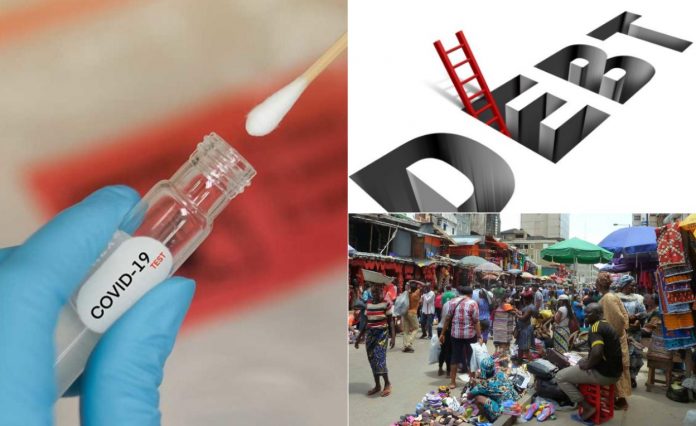True to the words of United Nations Secretary-General António Guterres – “This is not a financial crisis. This is a human crisis.” – the UNECA report focuses on people, prosperity and partnerships, emphasising the importance of supporting Africans who lose their earnings during the COVID-19 crisis.
Between 300,000 and 3.3 million African people could lose their lives as a direct result of COVID-19, but it depends on the intervention that governments introduce, the report says.
“We think most likely it will be that lowest scenario of 300,000 but of course if there is so much of recklessness and the policy stance is not the right one, then those numbers may go up. But for us the headline is not three million but 300,000 and how we can bring that down even more,” said Songwe.
And in terms of “prosperity”, UNECA found that the economic impact “could be the slowing of growth to 1.8% in the best case scenario or a contraction of 2.6% in the worst case”. This means that 27 million people could face extreme poverty.
These challenges are compounded by the fact that more than 70% of Africa’s workers are informally employed, and most cannot work from home – made clear as several countries on the continent have gone into full lockdown to prevent the spread of COVID-19. Almost half of children under 5 are undernourished, many people live in overcrowded conditions with poor sanitation, there’s a high prevalence of underlying conditions like TB and HIV, as well as the low numbers of hospital beds, dependence on importing medical products, and not enough healthworkers.
“Around the lockdowns, there are some good examples around the continent of what is being done, like South Africa for example, where it’s harvest season now and people are rotating going into the farms. In the United States, they are actualy asking for volunteers to come and do the harvesting in California. We are looking across the world to see what works and doesn’t work, and of course the continent is slightly different. Morocco is also testing a few other experiences and we need to pull those experiences together to see what is the best option. Read more…



